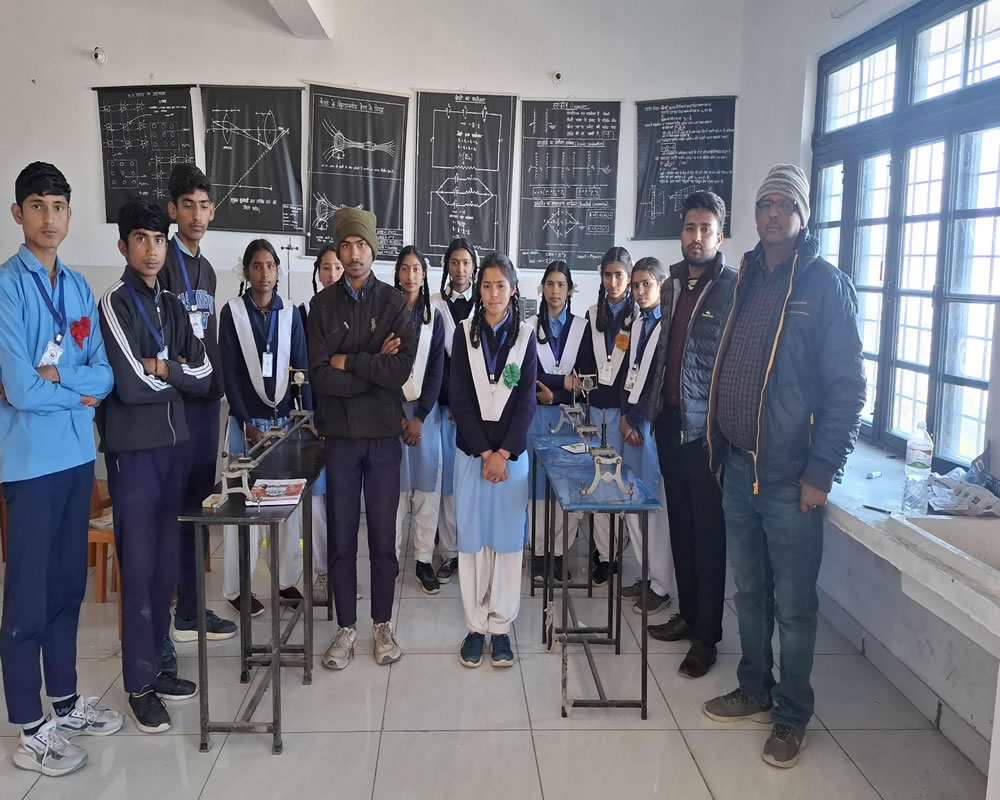A school science lab is a dedicated space for hands-on science education, allowing students to explore scientific concepts through experimentation and observation. It’s where students can apply theoretical knowledge, develop critical thinking, and foster a love for science. These labs are crucial for making learning more engaging and effective.
Key aspects of a school science lab:
Hands-on learning: Students actively participate in experiments, allowing them to understand concepts more deeply than through lectures alone.
Practical application of knowledge: Labs provide a real-world context for theoretical concepts, making learning more relevant and memorable.
Development of skills: Students develop essential skills like observation, experimentation, data analysis, and problem-solving.
Inquiry-based learning: Students can formulate hypotheses, design experiments, and draw conclusions, fostering scientific inquiry.
Fostering curiosity and interest: The lab environment can spark curiosity and inspire students to pursue science-related careers.

